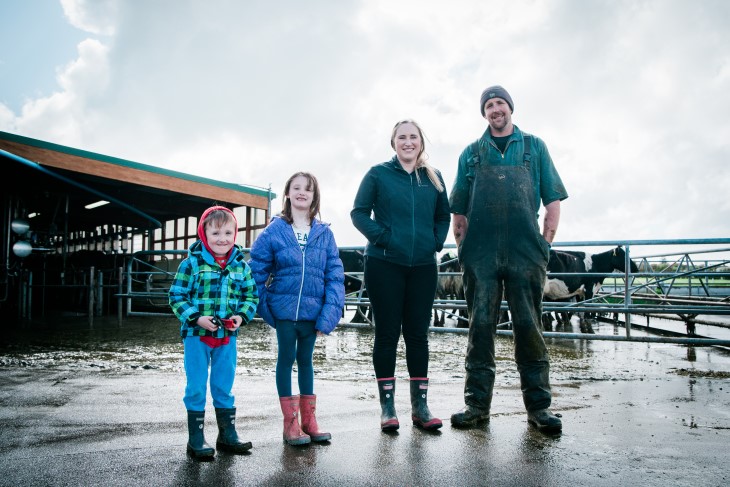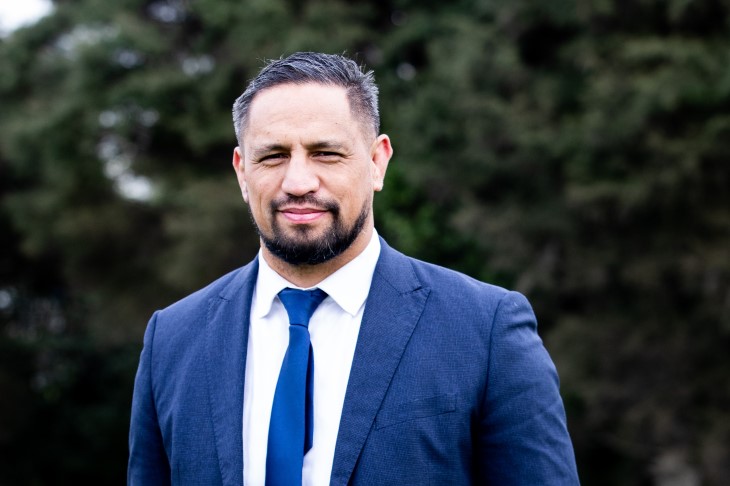‘An unexpected healing’: Why I chose to lead our maternal birth injury cover change
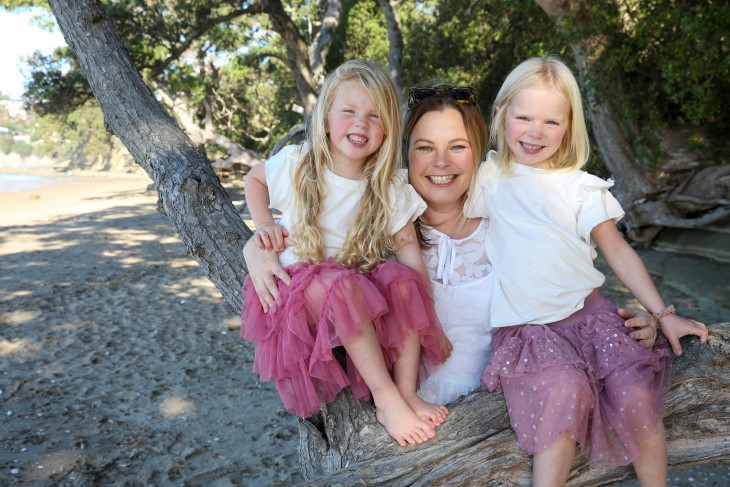
After experiencing a maternal birth injury, Trudy had to cope with trauma and pain. As a māmā she didn't want others to have the same experience, so Trudy led change for everyone.
Kia ora, my name is Trudy. I’m a māmā, an aunt, a sister, a daughter and leader of the team responsible for the design and implementation of ACC’s operational response to Maternal Birth Injury Amendment Bill.
In 2016, my husband and I welcomed our first child, a beautiful baby girl, into our whānau. Everything from that day is a bit of a blur, but I distinctly remember feeling somewhat removed from the process as alarms rang and multiple people came and went.
I had no idea what to expect, what was normal or what (or how) to advocate for myself; no one volunteered information, they just got on with their job. At one stage my husband turned to me and said: “I think they’re cutting you”.
I knew. I could feel everything. I was handed a bundle of baby and they started weighing the bloodied bed sheets. How strange, I thought. At home, I was a mess. I couldn’t sleep, couldn’t walk, couldn’t sit. I was terrified of visiting the bathroom and feeding baby because of the pain.
No one really talked about the extent of the injuries I’d suffered; my husband and I assumed my experience of birth was ‘normal’.
Coping with the trauma
I believed I simply needed to suck it up and pretend everything was ok. So I did. I felt embarrassed, scared and ashamed. The worst part was that bonding with baby was hard.
I resented her for how I felt and resented myself for feeling how I did toward her. It wasn’t until she was 5 months old that something clicked, and I thought ‘you’re alright kid, I love you’. I feel guilty about this still.
I was delighted when we discovered we were having another baby girl two years later. I was back at work and feeling more informed going into this a second time.
My midwife checked over my previous birth notes and said ‘oh, I see you had some tearing and haemorrhaged at your last birth. You’re not going to do that again are you?’ ‘Oh, so that’s what happened’, I thought.
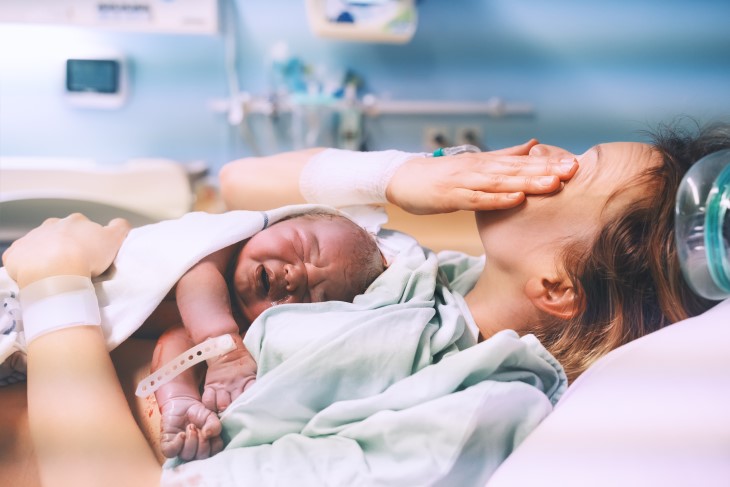
Late in my pregnancy, my husband noticed changes in my behaviour. I brushed off his concerns and made light of my ‘baby-brain’ antics. My midwife asked me to complete an online questionnaire about how I was feeling.
I thought nothing of it until two women from CCDHB knocked on my door. They were fearful for the safety of my unborn child. I was diagnosed with antenatal depression and PTSD.
My midwife and the wonderful team of psychologists and counsellors at Maternal Mental Health supported me throughout my pregnancy and for a long time after. I learnt the true extent of my injuries and how to prepare myself mentally and physically for my upcoming birth.
Pleasantly, our second daughter was born without complications. She was in a bit of a rush to enter the world and hasn’t stopped since!
When I heard ACC was looking for someone to lead the implementation of expanding cover to include maternal birth injury, I thought – not me! I wanted to protect myself.
Believing in change
Over the summer break I couldn’t shake the feeling I was shirking my responsibility to make a difference for so many. For my friends, my whānau, and my beautiful girls. On my return, I volunteered to champion the mahi - to open the door for discussion, ensure those who experience maternal birth injury get the support they need to recover, and share their own wisdom.
We know that 80% of births in Aotearoa result in a birth injury. That’s around 47,000 of our nearest and dearest every year. So, in considering this mahi, it was important every recommendation and decision was driven by insights gleaned from lived-experience, data, and the experts.
I’m thankful to the brave māmā and whānau who shared their experiences of living with birth injury. You taught us so much about how ACC can remove some of the burden in the journey to recovery.
In response, we've enabled claims to be made straight away after birth, at hospital or at home with a midwife, applied automatic approval to these claims and ensured injured māmā are supported by a specially trained, all-female team.
Our mahi was also supported and guided by an amazing team of external clinical and women’s health experts. You showed us that recovery from MBI is a physical, mental and spiritual process and helped design services to ensure we could meet these needs.
Access to services like pelvic physiotherapy and traditional rongoā Māori healing are just a couple of the changes we’ve made to support māmā on their journey to recovery.
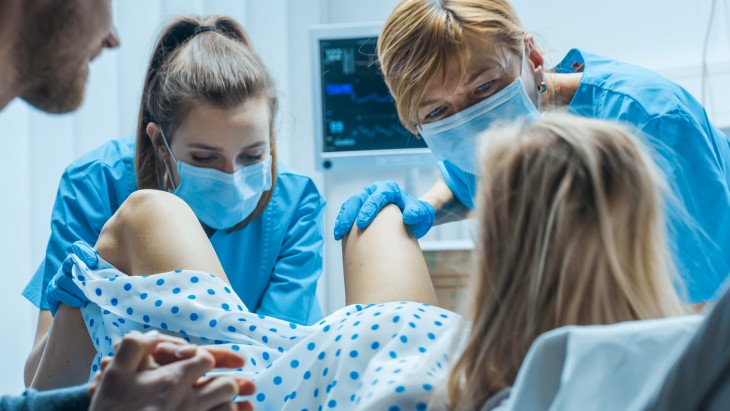
Getting the support you need
If you, or those you love, have experienced birth injury, please talk about it. I know it’s hard, but it really does help. Please support them to access ACC cover which became available from 1 October or supports outside of the ACC system.
Maternal birth injuries can have long-lasting effects so it’s important to get treatment and support early on.
We know some injuries aren’t apparent at the time of birth, there is some useful information on the ACC website about what’s normal and what’s not after birth.
To the māmā out there, you’re the best judge of how you’re feeling so please, talk to someone if things aren’t quite right.
Through this mahi, I’ve learned to better accept my own experience. I know now that I’m not alone. There are many māmā who suffer as I did, and worse, often in silence - generations of wāhine!
I always knew that my team would do great things, but the spiritual healing I received throughout my involvement, was an unexpected and most welcome gift.
We know some injuries aren’t apparent at the time of birth, there is some useful information on the ACC website about what’s normal and what’s not after birth. Read more below:
What’s normal and what’s not after giving birth (acc.co.nz)
Main image photo credit: Jessie Maree Co




